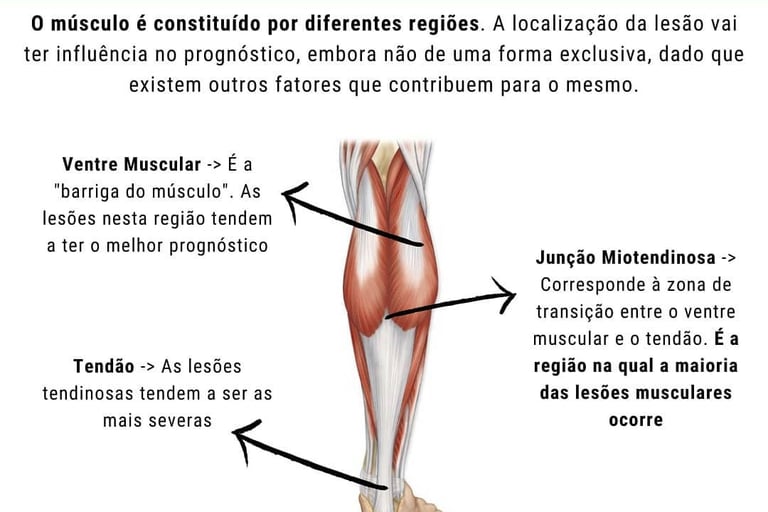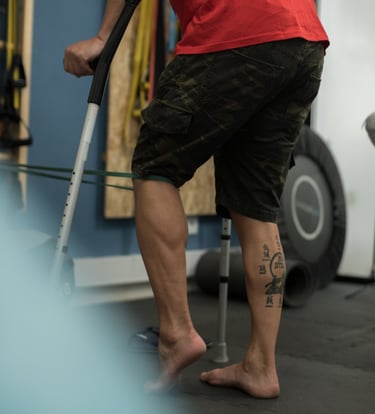
Return-to-Play: The Crucial Role of Physiotherapy in Preventing and Rehabilitating Muscle Injuries
As a new sports season begins, many athletes and fitness enthusiasts are eager to return to their routines. However, this transition period is particularly delicate and often linked to a higher risk of muscle injuries. Without proper preparation, these injuries can affect performance and prolong recovery.
RETURN TO PLAYSPORTS INJURIES
Tiago Churrito, António Martins
2 min read
Therapeutic Training as the Foundation of Recovery
Therapeutic training is one of the most important strategies for rehabilitation and injury prevention. At AmpliMoov, we focus on:
Progressive muscle strengthening
Stability training
Functional movements tailored to each athlete
These exercises aim to restore muscle strength, improve mobility, and enhance endurance, ensuring long-term results.
"Our goal isn’t just to treat injuries but to prepare the body for safe and sustained athletic performance." – Tiago Churrito, PT
As a new sports season begins, many athletes and fitness enthusiasts are eager to return to their routines. However, this transition period is particularly delicate and often linked to a higher risk of muscle injuries. Without proper preparation, these injuries can affect performance and prolong recovery
Common Causes and Locations of Muscle Injuries
Muscle injuries most frequently affect the lower limbs, particularly the quadriceps, hamstrings, and calves. But what causes these injuries?
A sudden return to intense physical activity, lack of progressive training, insufficient warm-up, and poor conditioning are key risk factors. Additionally, the injury location plays a crucial role in determining the rehabilitation approach and recovery time
Example: Imagine a football player returning to training after a long break. Without proper conditioning, muscle imbalances and strain become inevitable. Understanding these dynamics allows for the creation of a personalized and effective recovery plan.


Functional Training & Physical Conditioning
For athletes, muscle strengthening and proper conditioning are key to preventing injuries. At AmpliMoov, we emphasize:
Sport-specific functional exercises that mimic athletic movements
Agility drills to improve reaction time and coordination
Progressive strength training to enhance muscle balance and resilience
A well-structured training plan prevents overload injuries and ensures that athletes return to sports in their best physical condition.
"Every exercise we prescribe is a piece of the puzzle in building a strong, agile, and resilient body ready for athletic challenges." – Tiago Churrito, PT


Final Thoughts
🔹 Prevention is just as important as rehabilitation.
🔹 Invest in structured training to reduce injury risks and improve performance.
Train smart, stay strong, and get back to doing what you love!
